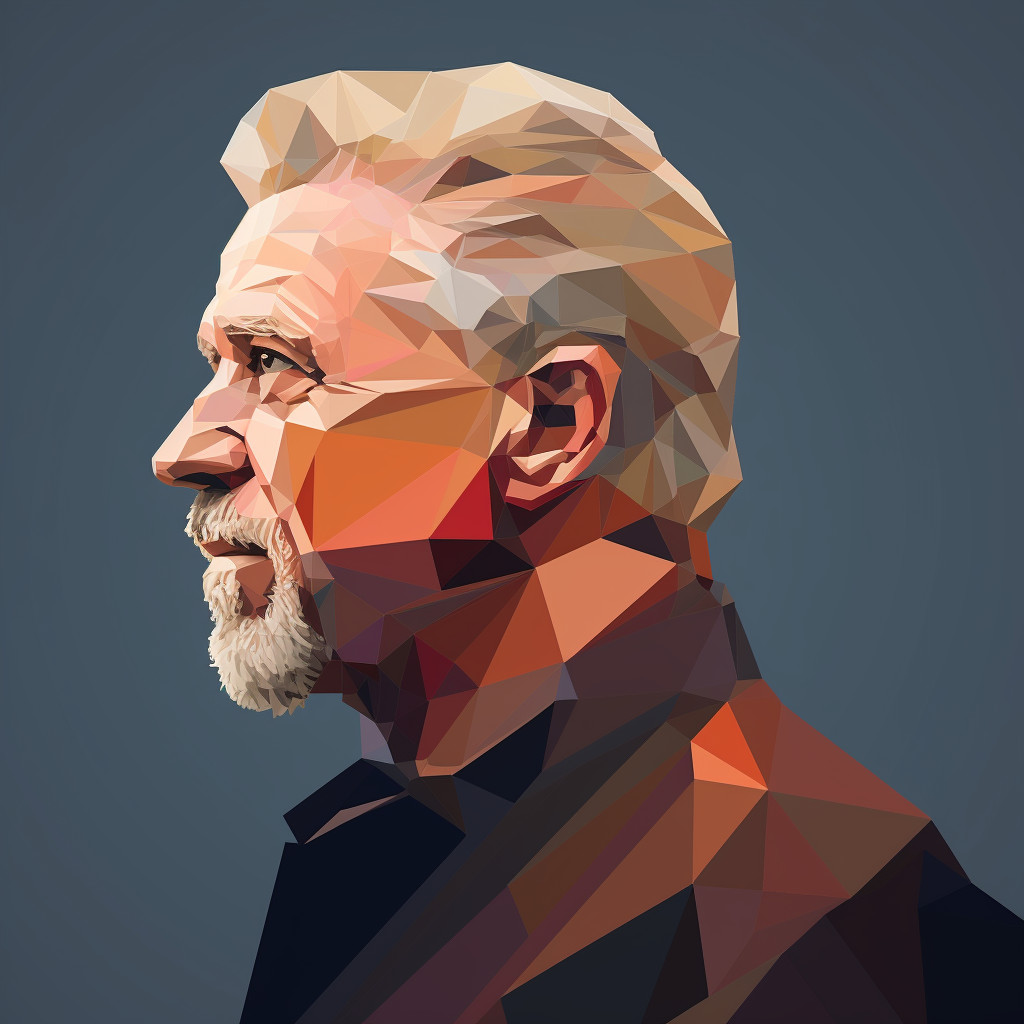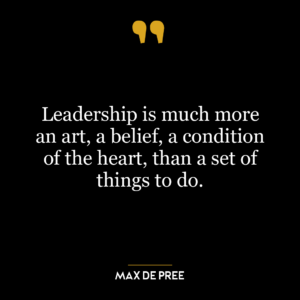This quote suggests that we often prepare ourselves for success, envisioning the best possible outcomes, but rarely do we prepare for failure, despite it being an equally possible outcome. In essence, we are more focused on the destination (success) rather than the journey (which includes both successes and failures).
The concept of training for failure does not mean anticipating failure in a pessimistic way, but rather understanding that failure is a part of the process towards success. It implies developing resilience, learning from mistakes, and using setbacks as stepping stones. This perspective is about changing our mindset to see failure not as an end, but as part of the journey to success.
In today’s fast-paced, success-oriented world, this idea is more relevant than ever. In the realm of personal development, it encourages us to embrace challenges, persevere through difficulties, and cultivate resilience. It teaches us that every failure brings us one step closer to success, as we learn what doesn’t work and thus can adjust our approach.
In business, this concept can be applied in risk management, where potential failures are anticipated and strategies are developed to mitigate their impact. In the tech industry, for instance, this is seen in the approach of ‘failing fast’ where rapid prototyping is used to quickly identify what doesn’t work, learn from it and iterate.
In education, this idea can revolutionize learning by encouraging students to see mistakes as learning opportunities rather than something to be avoided. This can foster a growth mindset where students understand that intelligence and skills can be developed through dedication and hard work, and that failure is a natural part of this process.
Overall, training for failure means being prepared for the inevitable ups and downs of life, and understanding that it’s through overcoming these challenges that we grow and ultimately achieve success.








